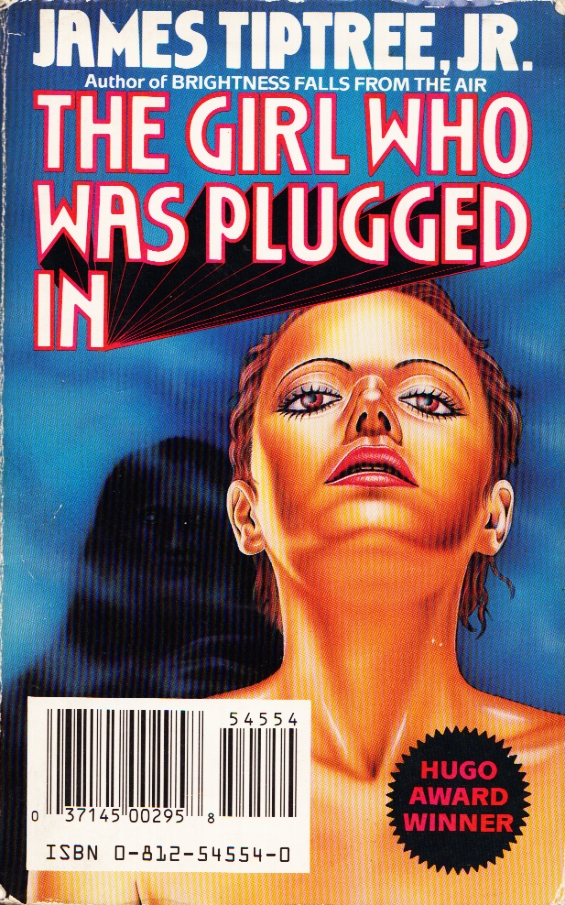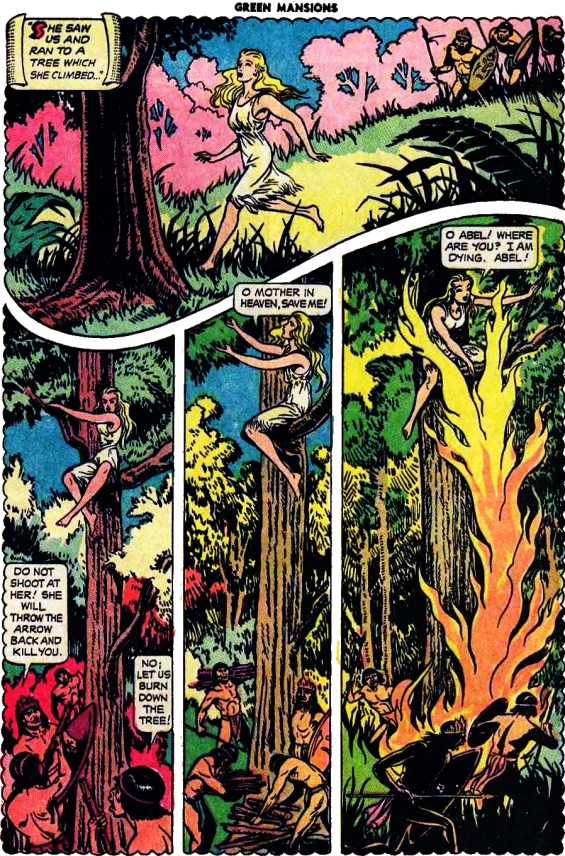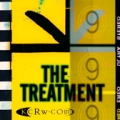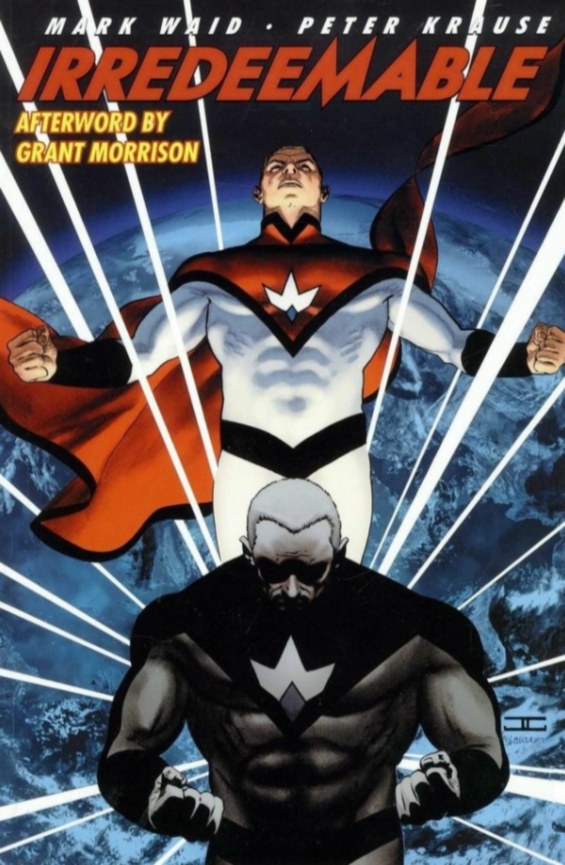
 The SFFaudio Podcast #285 – Jesse, Scott, Luke, and Jenny talk about The Girl Who Was Plugged In by James Triptree, Jr.
The SFFaudio Podcast #285 – Jesse, Scott, Luke, and Jenny talk about The Girl Who Was Plugged In by James Triptree, Jr.
Talked about on today’s show:
Alice Sheldon, why no audiobook?, how James Triptree, Jr. died, the award, the Virginia Kidd agency, the PDF version, who owns it?, James Tiptree, Jr.: The Double Life of Alice B. Sheldon by Julie Phillips, Her Smoke Rode Up Forever, she was a spy, Racoona Sheldon, a murder/suicide or a suicide pact?, nearly blind, what would Seth think of that?, Huntington D. Sheldon, OSS -> CIA, Cordwainer Smith, Jesse is glad “new wave” is dead, re-reading, you must pay close attention, grammar, a potential audio version, caps and italics, Scott’s proto-cyberpunk, story summary, holographic TV, a “waldo” system, product placement advertizing, the 1998 TV adaptation for Welcome To Paradox (was very faithful), emotional, internal, the weird framing style device, is it NEW WAVE?, J.G. Ballard, an ancient version of the singularity, the reader needs to do a lot more work, Day Million by Frederik Pohl, who is the narrator talking to?, “Listen zombie, believe me…”, the truth is in question, Scott is falling down the Jesse Well, Evel Knievel, media and money, someone goes time traveling, the sharp faced lad, Luke goes biblical, why do we need firm ground?, P. Burke, a media controlled dystopia, post-modern stream of consciousness, its set in the 1970s, “Nixon Unveils Phase 2”, a loopy temporal anomalyizer project, bringing the horrible future into being, investment opportunities, what do people do in this future?, the Wikipedia entry on product placement, “gods”, media consumers, Kyle Marquis @Moochava tweet: “Yearly reminder: unless you’re over 60, you weren’t promised flying cars. You were promised an oppressive cyberpunk dystopia. Here you go.”, dystopic is this?, reserving the word dystopia, “a bad place”, Nineteen Eighty-Four by George Orwell, a world community, “the world is a dystopia for poor people”, buying into it, required consumption, a softer opt-in dystopia, Wool by Hugh Howey, the lack of truth, the six people in the GTX tower, Rupert Murdoch, government control vs. corporate control, biography of Anonymous, Wikileaks, Amazon.com, PayPal, MasterCard, Visa, Russia, Jony Ive, Jeff Bezos, Google, this one person, this relationship, the emotional part of the story, a suicide attempt, “her eyes leak a little”, the godlings, media stars, Fahrenheit 451 by Ray Bradbury, the family and the fourth wall, a tax-dodge marriage, the narrator is full of contempt for everything, a soap opera and the show around that, Jean Harlow‘s story, the actress in that movie vs. the person in that life, her Prada bag, her Jimmy Choo, her iPhone 6, the meta-story, the movies remind us why they’re famous, South America, they’re just shows that happen to love soap (not soap operas), another allusion, Green Mansions by William Henry Hudson, Rima the Bird Girl, Audrey Hepburn, tragic end, “your brain is a dystopia for you”, tragedy, what of the empty body?, the best expression of the system, a plastic brain, a red herring?, was she trying to kill her biological body?, plugged in emotionally, I Will Fear No Evil by Robert A. Heinlein, old man becomes young woman, grandfatherly lust, P. Burke thinks she is Delphi, The Matrix, if this is the start of the technology, The Beautiful People by Charles Beaumont, Scott Westerfeld’s Uglies series, vat-grown avatars, Wii miis, World Of Warcraft, Team Fortress 2, unique trumps beauty, the second smartest man in the world, scars are cool, trans-humanism, did anyone enjoy this book (story)?, Jenny loves this story, Scott liked it, the value of short fiction, James Triptree, Jr. writing is not like other people’s, it feels like an artifact, hey you daddy-o, Luke is the dissenting voice, Luke doesn’t like short fiction very much, Rudy Rucker’s Software and Wetware, Cory Doctorow, the futuristic patois, Luke doesn’t like the punk in cyberpunk, “it kind of just flops there”, KCRW’s Bookworm, Reading Like A Writer by Francine Prose, using people, “the real hairy thing…love?”, the narrator’s cynicism, Isaac Asimov’s thoughts on New Wave, New Wave as the literary version of SF, style over content, what Rudy Rucker was doing, what is the first cyberpunk book?, Anne McCaffrey’s short story The Ship Who Sang, what it’s not, who wants straightforward?, addressing the reader directly, Peter Watts, infodumping, “As you know Jim…”,
On this day I want to tell you about, which will be about a thousand years from now, there were a boy, a girl and a love story. Now although I haven’t said much so far, none of it is true. The boy was not what you and I would normally think of as a boy, because he was a hundred and eighty-seven years old. Nor was the girl a girl, for other reasons; and the love story did not entail that sublimation of the urge to rape and concurrent postponement of the instinct to submit which we at present understand in such matters. You won’t care much for this story if you don’t grasp these facts at once. If, however, you will make the effort, you’ll likely enough find it jam-packed, chockfull and tiptop-crammed with laughter, tears and poignant sentiment which may, or may not, be worth while. The reason the girl was not a girl was that she was a boy.
“There’s a great future there”, All You Zombies by Robert A. Heinlein, it’s not a time travel story?, newspapers, typewriters, telegrams, has writing gotten worse or is it just evolving?, brid -> bird, Luke thinks it’s all cyclical, this is just another princess, this is Princess Diana’s story, we are complicit, the message, everyone should have to read the news in a second language, being two steps removed from current events, the value of the short story (it’s short), speed dating books, good luck.


Posted by Jesse Willis



